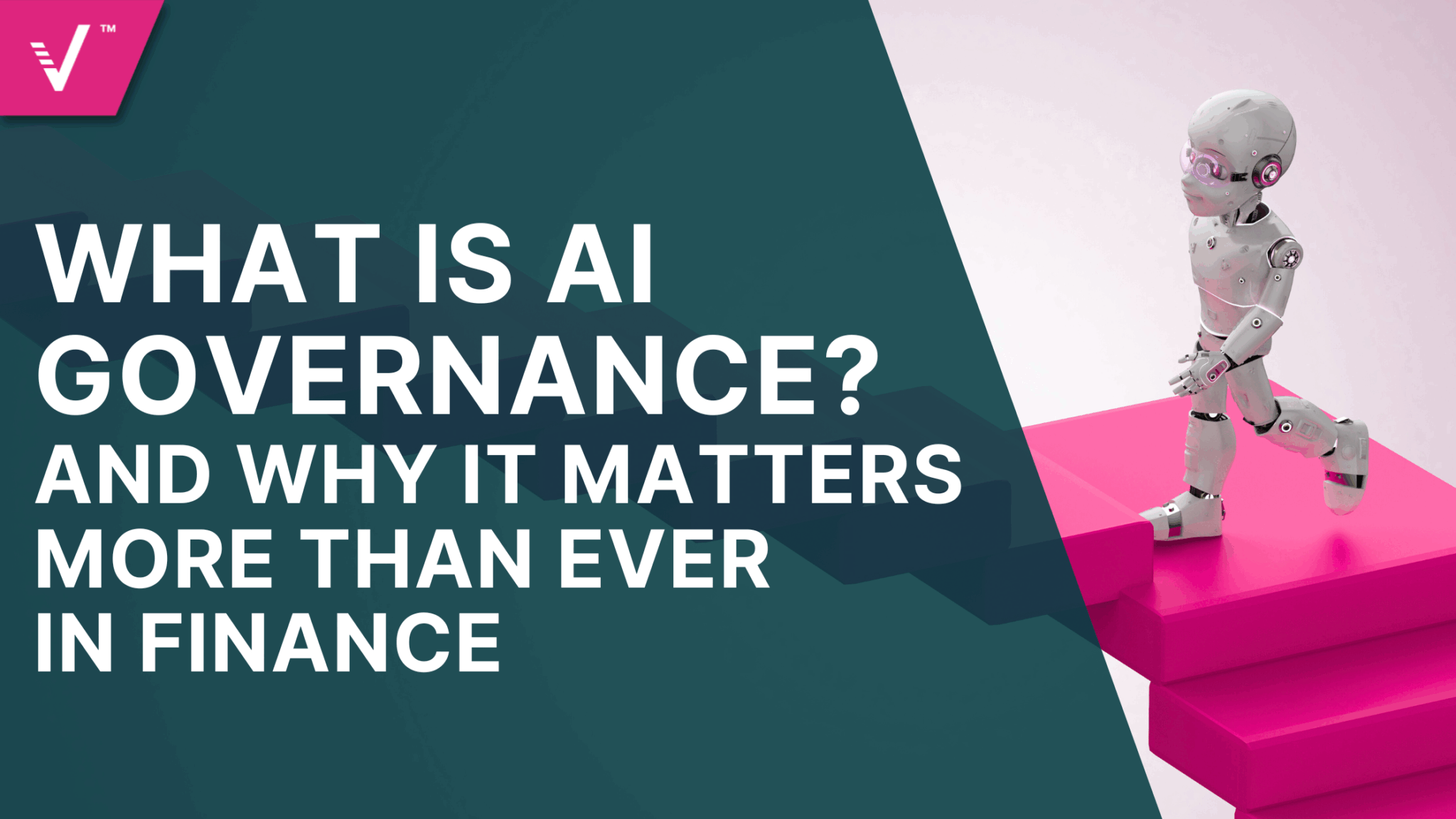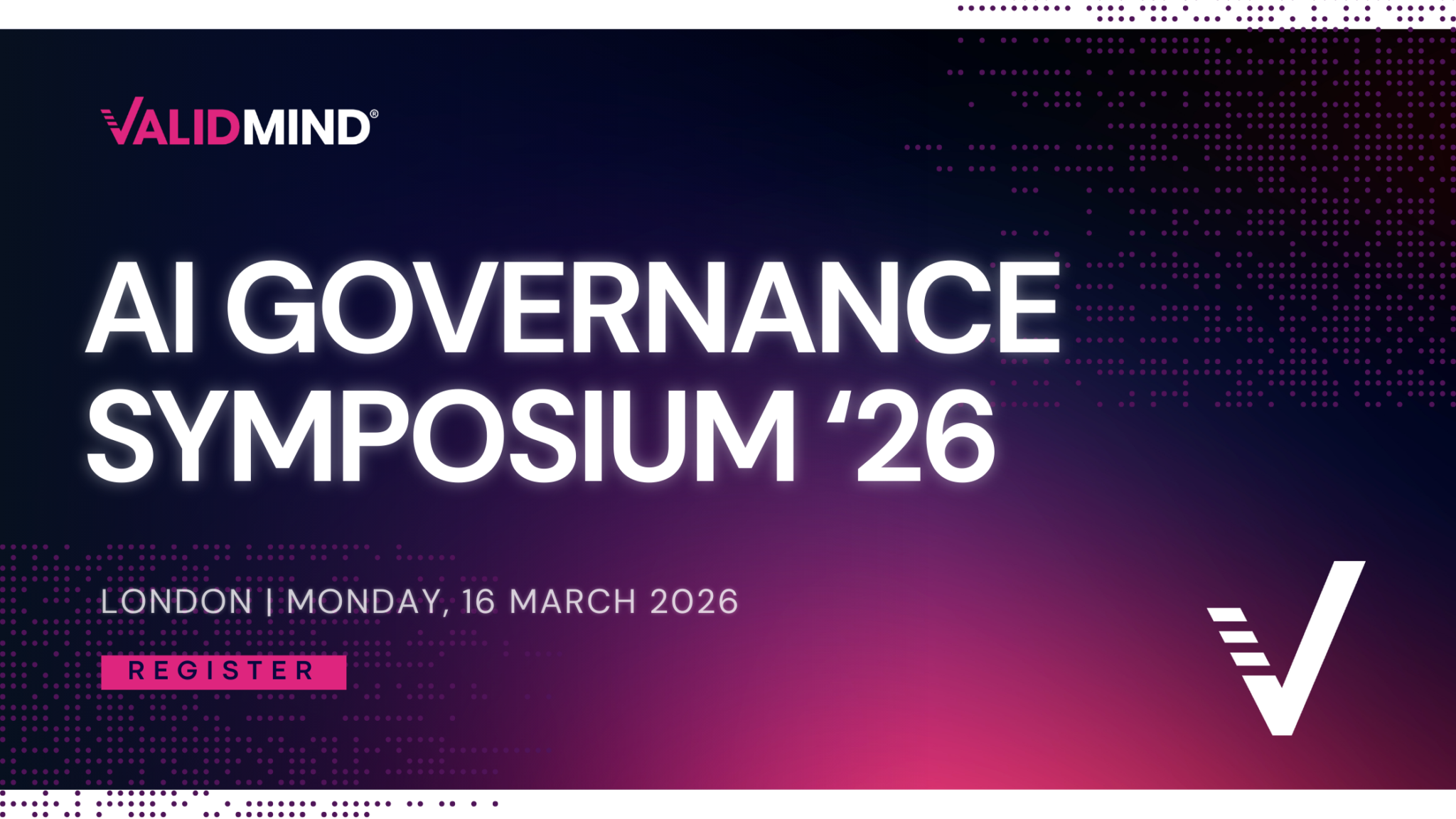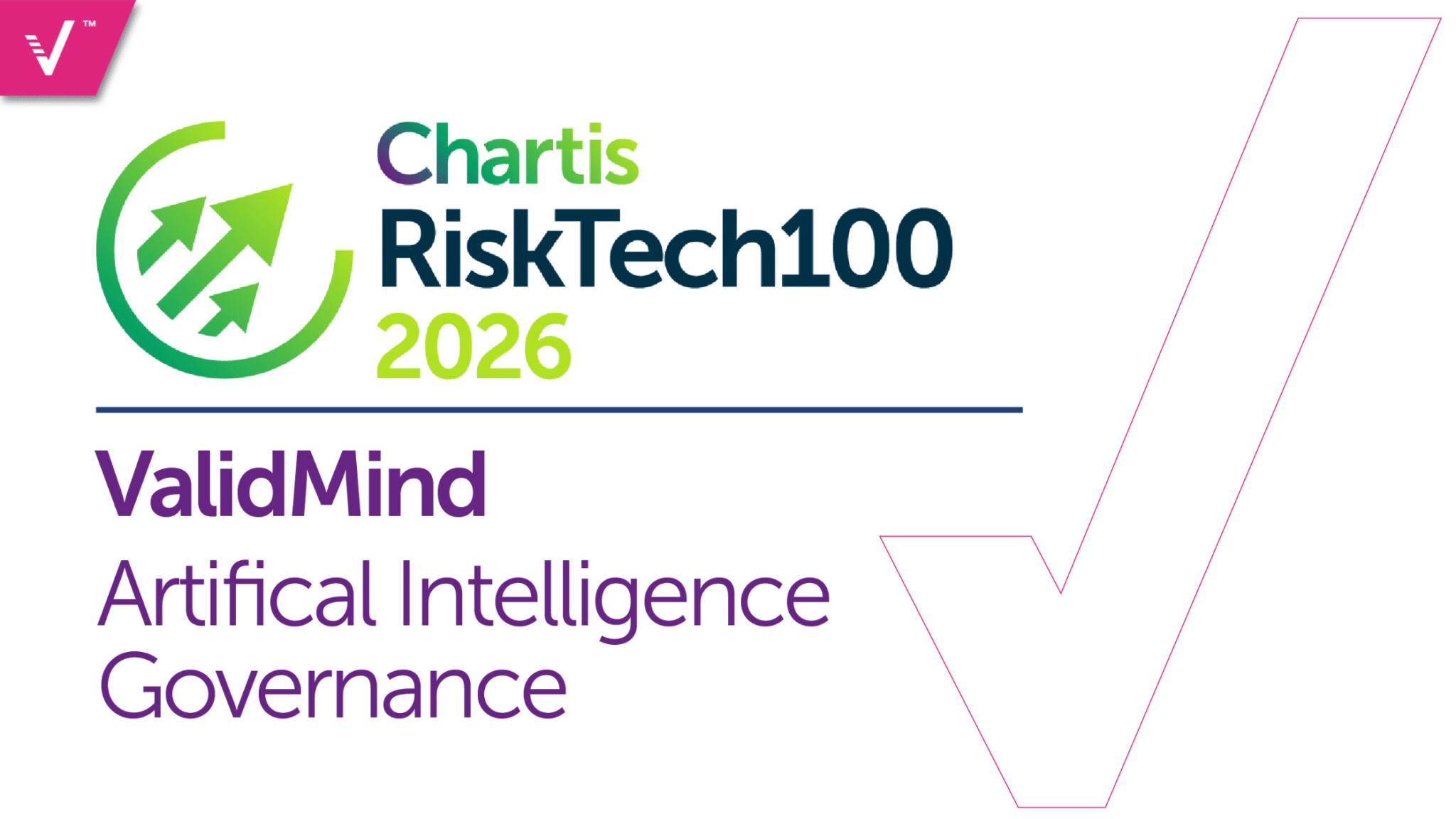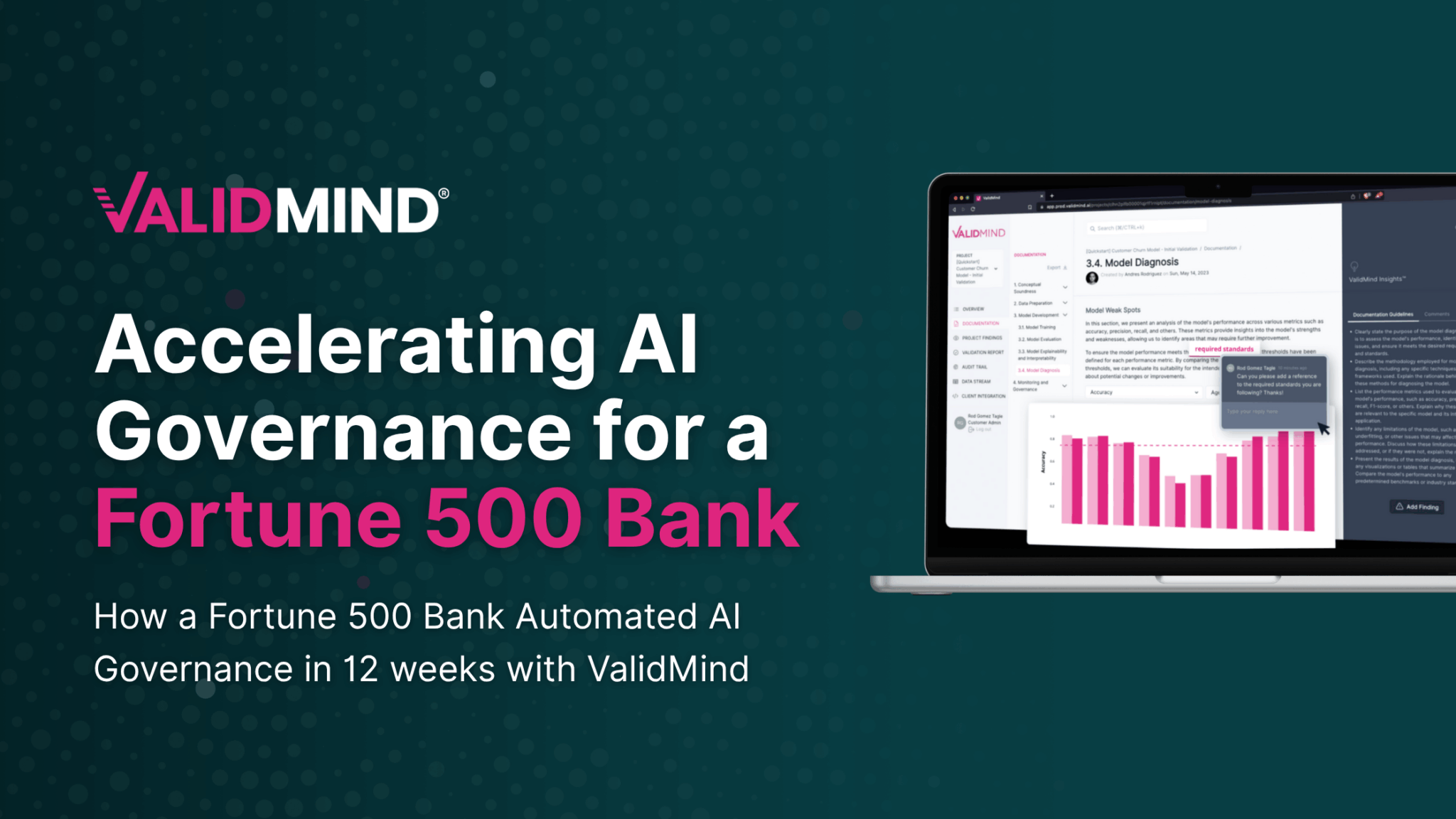What Is AI Governance? And Why It Matters More Than Ever in Finance

Artificial intelligence has become the backbone of financial services, and it’s slowly taking control over areas such as credit scoring, fraud detection, and portfolio management. With the ability to process great amounts of data and uncover patterns at unprecedented speed, AI offers endless opportunities for efficiency and increased production.
That said, these opportunities come with significant risks. Financial firms are entrusting critical decisions to systems that are often poorly understood outside of technical teams. What happens when an algorithm makes a biased lending decision? Or when a trading model behaves unpredictably in volatile markets? The solution to these problems often lies in AI governance, with a focus on policy frameworks, processes, and safeguards designed to ensure AI is being used responsibly and in compliance with internal and external standards and regulations.
What Is AI Governance?
AI governance refers to the framework of policies, processes, and controls designed to ensure that AI systems are developed, deployed, and monitored responsibly. It is about making sure that your AI aligns with your organization’s values, complies with its legal standards, and delivers effective outcomes. In practice, this means creating structures that balance innovation with accountability, allowing AI to make faster decisions without creating hidden risks.
There are several key components of strong AI governance:
- Transparency: Ensuring decision making processes are explainable and understandable.
- Accountability: Assigning responsibility for the design, deployment, and impact of AI systems.
- Compliance: Aligning AI applications with existing regulations such as GDPR and emerging frameworks like the EU AI Act.
- Risk Management: Actively identifying and minimizing risks including bias, data errors, model drift, and potential systemic instability.
AI models are scaling rapidly across business units, and your governance must account for any challenges specific to your technology. It must also be able to provide transparent answers to the questions about fairness, explainability, transparency, privacy, oversight, or other concerns.
Why it Matters in Finance
It keeps you ahead of regulation.
As AI continues to be embedded into financial services, governance has become a necessity. Financial institutions already operate in one of the most highly regulated environments in the world, and compliance is part of everyday operations. Regulations such as the EU AI act and updated MRM guidelines like the U.S. SR 11-7 or U.K. SS1/23 are all aimed at keeping these AI systems in check. AI governance provides the structure to keep organizations aligned with evolving regulatory expectations, protecting financial institutions from fines or penalties.
It limits bias and risk.
If AI models are left unchecked, their systems can increase existing biases or generate new forms of systemic risk. For example, an ungoverned credit model might unintentionally cause limitations or a trading algorithm could trigger volatility in unusual market conditions. Implementing a governance framework would ensure that the models are tested, validated, and monitored, limiting any potential risk and also protecting the firm and its customers.
It builds trust and credibility.
In finance, trust is everything. Customers expect their banks, insurers, and investment firms to act with fairness and integrity. When an AI-driven decision seems irrational, confidence in the model disappears, which is seen with unexplainable “black box” systems that can leave investors and regulators uncertain. By demonstrating that your AI systems are fair, explainable, and well-controlled with the help of governance, you are able to build and maintain their relationships with stakeholders.
It enables responsible innovation.
Governance is meant to enable the use of AI. With robust controls in place, financial firms have the ability to innovate responsibly and branch out to using new technologies without fear of unintended consequences. A well governed AI ecosystem provides firms with the confidence to scale solutions across their operations, allowing governance to become an accelerator of sustainable innovation, not a barrier.
Without this foundation, firms risk losing not only regulatory compliance but also customer trust. Governance is what allows financial institutions to harness the full potential that AI has to give and ensure that the stability of the financial system is safeguarded.
For a broader scope of AI Governance, read a previous article: AI Governance 101: What It Means and Why It Matters
The Future of AI Governance in Finance
The future of AI governance in finance is moving toward clarity and consistency. Regulators across jurisdictions are beginning to align on global standards, while pressure from investors and customers are raising the bar for transparency and accountability. In this environment, governance is becoming a true competitive differentiator.
Firms that demonstrate proper governance will avoid regulatory obstacles and position themselves as leaders in responsible innovation. AI is becoming a central part of the future of finance, and those who get it right will set the pace for the industry.
Learn more about how ValidMind can help you become a leader of tomorrow here.




